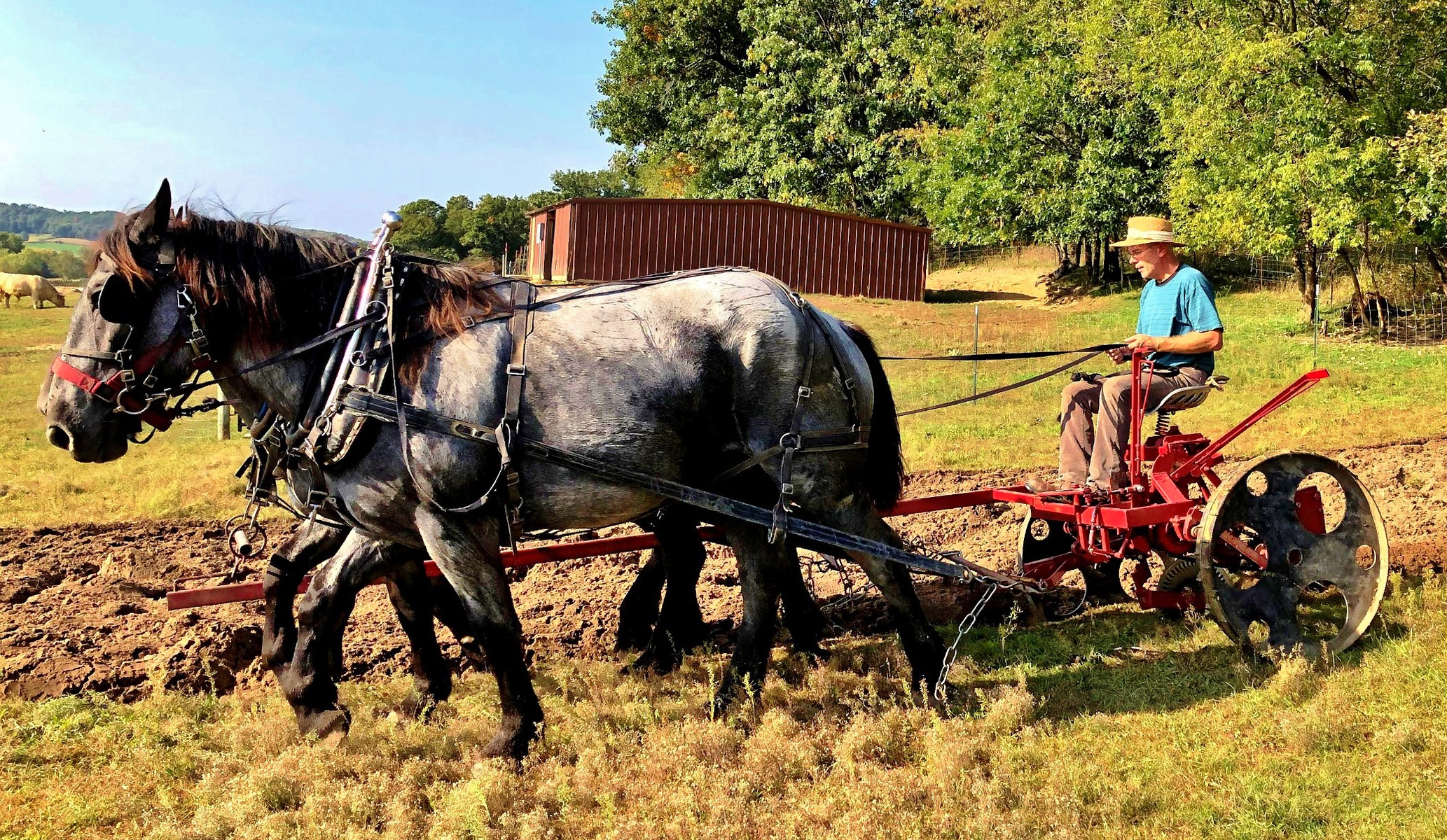Back Home by Chris Hardie
» Download this column as a Word document
» Download the photos that accompany this story
» Chris Hardie’s headshot
It was the moment of truth as I stood before the circuit-breaker box ready to re-energize the power to our house. It was fall 1994 and I had just spent several hours installing electrical wire for a new kitchen stove. It was a difficult job bending and pushing the heavy wire around the stone foundation and up through the floor.
“Are you SURE you know what you’re doing?” asked Sherry, my wife, the flashlight in her hand shaking slightly. “You won’t get electrocuted?”
I had done the research — the proper-gauge wire, a new 40-amp breaker — and there was plenty of room in the 200-amp service. I could do this.
“We’ll know in a second,” I said.
Before she responded, I turned on the main breaker. No sparks flew; there was no fire. The lights came back on and the stove worked.
I’ve never been shy about rolling up my sleeves and plunging headlong into a project — even when I may be slightly in over my head. I believe the willingness to work hard combined with sheer stubbornness — not to be mistaken for stupidity — can sometimes compensate for a lack of skills. It’s usually when I discover I was in way over my head that the professional help is brought in to do it the right way.
Much to my chagrin, Sherry is much quicker to recognize that I overestimate my abilities. She says she wants it done the right way, right away, particularly when it comes to carpentry. Of course, she’s right.
I’ve discovered as I’ve grown older that my ability to muscle through projects continues to diminish. What I could have done at 30 or 40 takes a heck of a lot longer when pushing 60. The will may be there, but the way is just too dang hard.
All of that came to play in a project that’s been on the list for a few months — a garden relocation. We want to move our perennial plants — strawberries, rhubarb, currants and raspberries — to a single location, and put next year’s vegetable garden and flower-cutting garden there as well. The location is part of our pasture, which can be downsized because we have fewer animals.
Step one was to build a new fence to keep the animals out. That was accomplished about six weeks ago.
Step two was to break sod so we could start moving plants. Not having a plow, I knew the prospect of trying to cut through sod on a quarter-acre field with a shovel or a rototiller would be hours of back-breaking work. I didn’t even want to think about the ancient hand cultivator that I once used to prepare the garden.

The answer came from our neighbor Edwin Borntregger, who also manicures our donkeys. I asked Edwin if he would be willing to bring his horses over to plow our garden. After some weather delays, he came over.
The calendar and the changing trees on the hillside said it was early fall, but the temperature was in the low-80s. Edwin arrived with his three Percherons and a one-bottom plow mounted on a cart.
He paced off the field and marked the middle. His team cut a fresh furrow in the soil. I removed some low-hanging branches on the edge of the field; Edwin paused a few times to keep the horses rested.
Edwin asked me if I wanted to remember what it was like when I was a kid and take a turn with his team. I told him my great-grandfather once farmed with horses but not me. But I was willing to try.
Edwin set the plow share and I took the reins. With a three-horse team, one horse must stay in the furrow to keep the rows straight. Thankfully I was working with an experienced team because they walked right down the field at a slow and steady pace.
I looked back and saw I had wobbled a bit, but the sod was all turned over. Three horsepower was perfect to do the job and the horses were a lot easier to operate than some new tractors. I know it was only one row but I can add horsemanship to my list of life’s accomplishments.
But knowing this needed to be done right, I handed the reins back. Edwin finished the job.
By the time my readers see this I hope the garden has been disked. If not I’ll need to slog my way through with the tiller so we can transplant things and sow a cover crop before it’s too late in the year.
I’m also keeping Edwin on standby.
Chris Hardie spent more than 30 years as a reporter, editor



